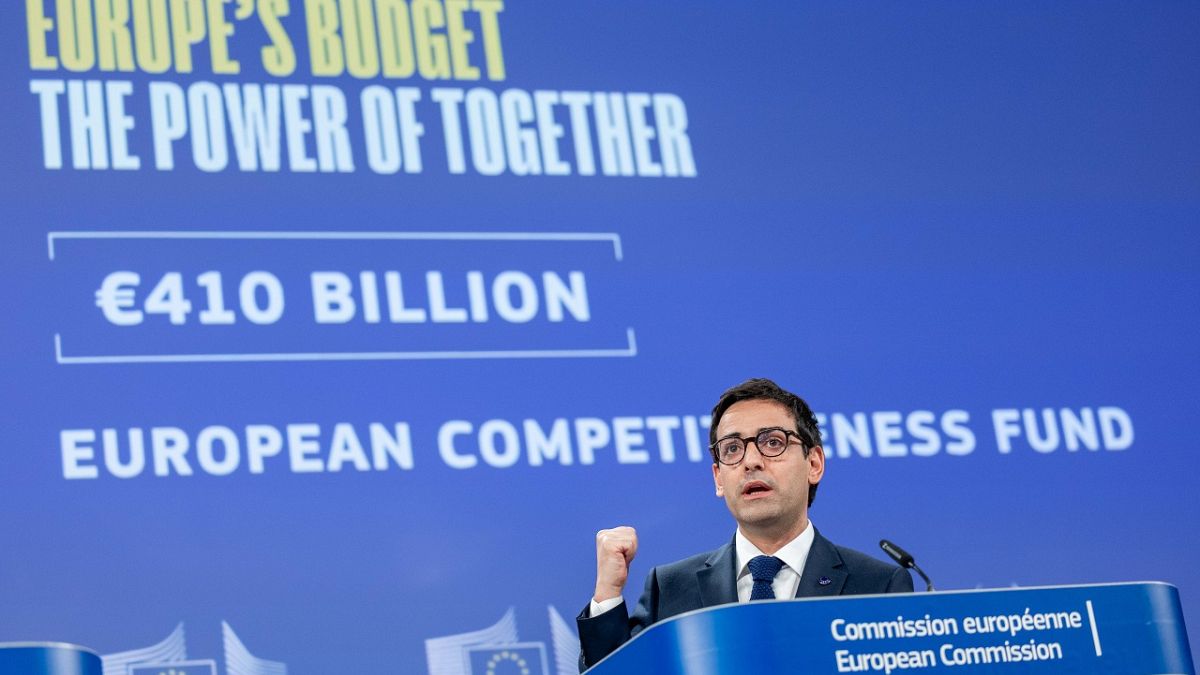

In the ever-evolving landscape of global progress, recent developments in science, international relations, and technology funding reveal a tapestry of change and advancement. Each thread of news, interconnected yet distinct, offers insights into humanity’s pursuit of knowledge, justice, and collaboration.
The European Commission has taken a bold step toward investing in the future by almost doubling the research and innovation fund in its long-term budget. This initiative reflects the bloc’s commitment to fostering technological advancements and encouraging innovation across the continent. However, despite this significant increase, lobbying groups have voiced their concerns that the allocated funds may still fall short of meeting the growing demands of the technology sector. These groups stress the importance of ensuring sufficient resources to drive meaningful and sustainable impact.
In an awe-inspiring feat of scientific observation, astronomers captured the remarkable birth of planets around a nascent sun beyond our solar system. This celestial event marks a cosmic first, allowing scientists to witness the early stages of planet formation by examining the gas disk surrounding the young star. The findings not only broaden our understanding of planetary genesis but also ignite curiosity about the myriad worlds that may inhabit our universe. Such discoveries are a testament to the spirit of exploration and inquiry that drives scientific progress.
Meanwhile, in the realm of academic publishing, Oxford University Press (OUP) has announced its decision to cease publishing the China-sponsored journal, Forensic Sciences Research, by the end of this year. This decision follows mounting concerns over the ethical standards surrounding DNA collection in several of the journal’s papers. OUP’s move underscores the importance of maintaining rigorous ethical guidelines in academic research and publishing, ensuring that scientific endeavors align with principles of integrity and respect for human subjects.
Diplomatic relations face scrutiny as the appointment of Nick Adams as the US ambassador to Malaysia has sparked controversy. Adams, a self-proclaimed “alpha male” and right-wing influencer, has incited objections from various figures in Malaysia due to his past remarks on Israel, which carry particular weight in the largely Muslim-majority nation. The nomination, announced by former President Donald Trump, highlights the complexities and sensitivities involved in international diplomacy, reminding us of the critical need for understanding and respect among diverse global perspectives.
These stories reflect a multifaceted world where scientific innovation, ethical considerations, and diplomatic relations intertwine, each influencing the other in subtle yet profound ways. By observing and learning from these developments, we contribute to a deeper understanding of our global community and our place within it. As we navigate these changes, we are reminded of the continuous journey toward growth and enlightenment, inspiring hope for a more harmonious and innovative future.
Source: {link}
